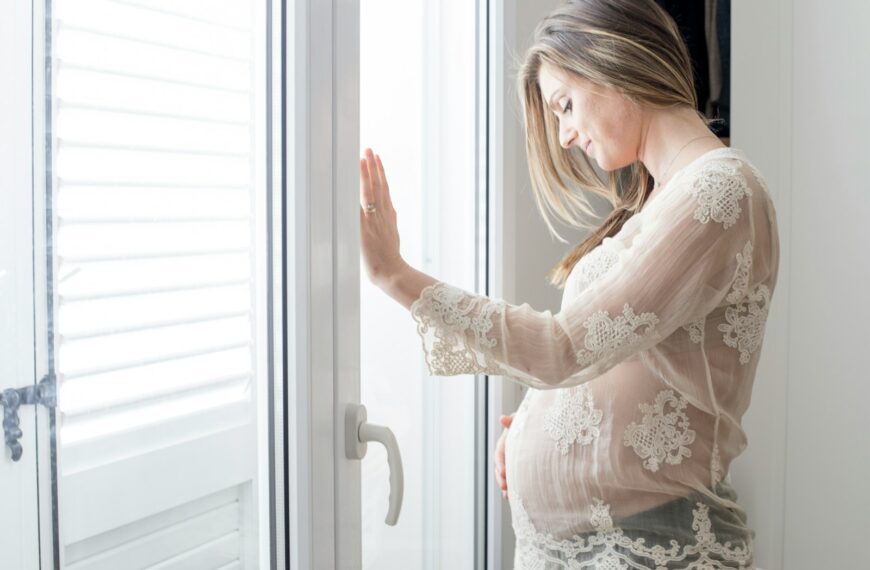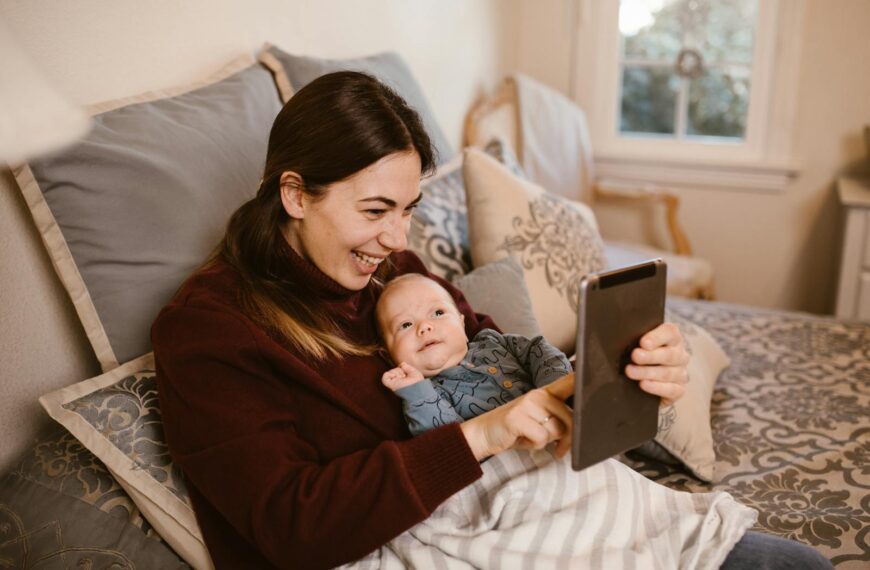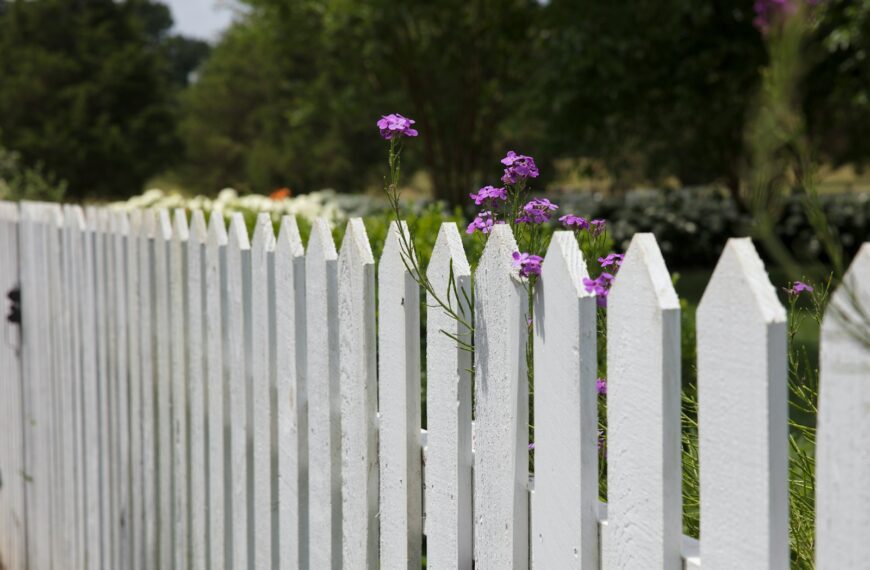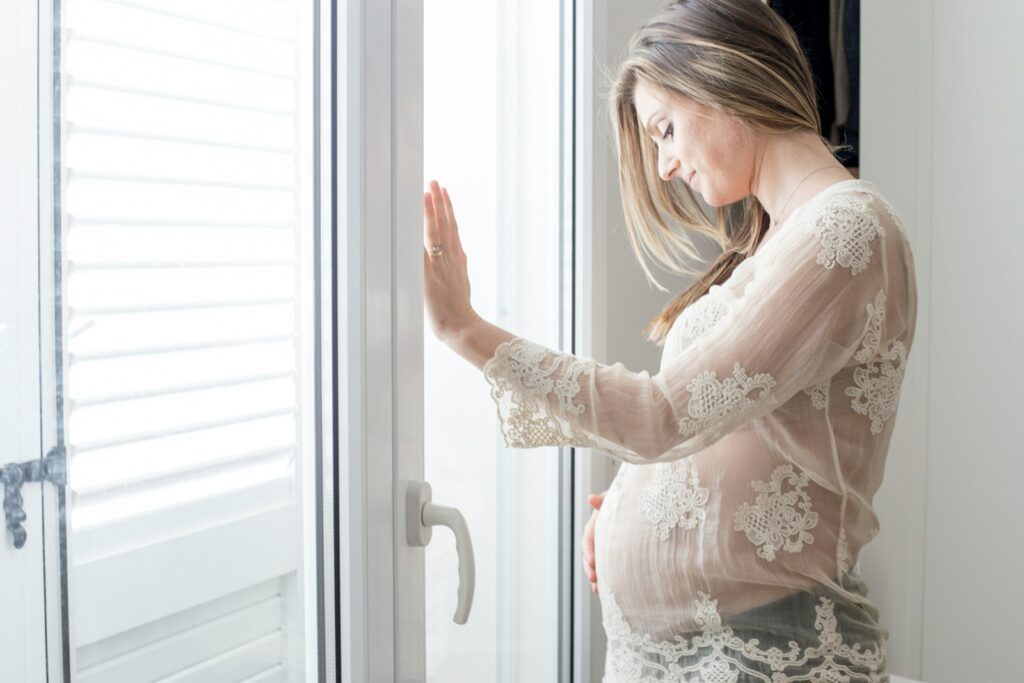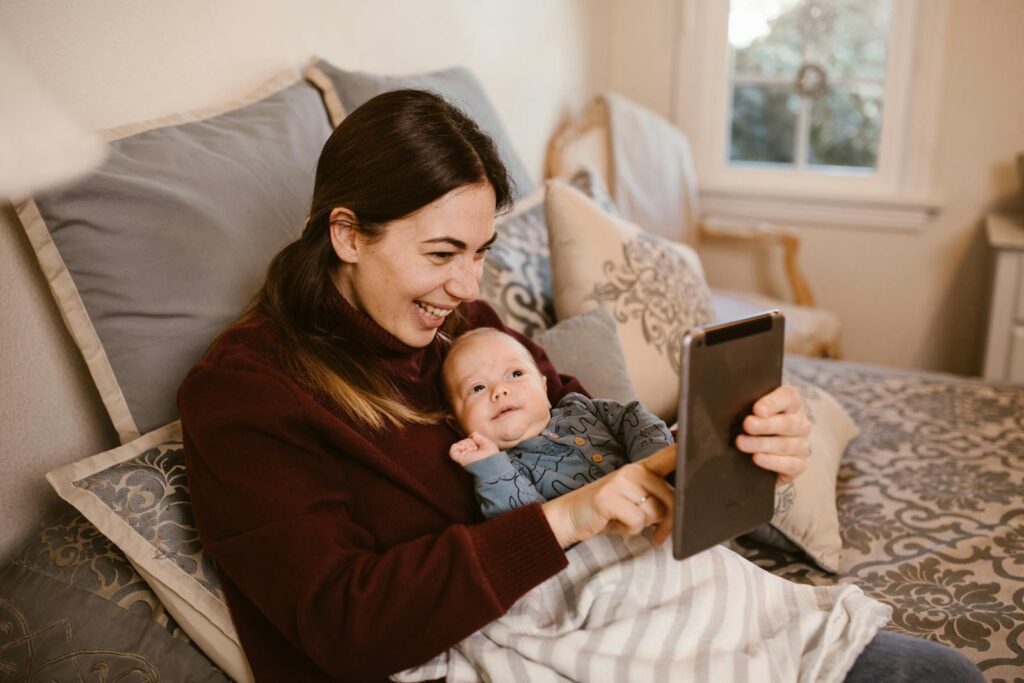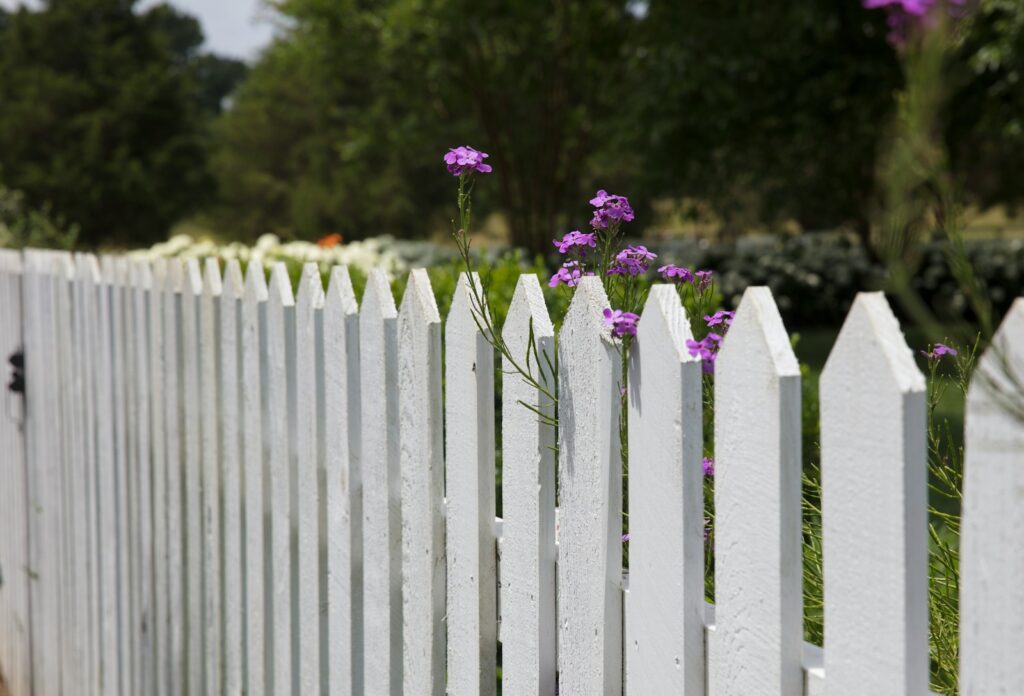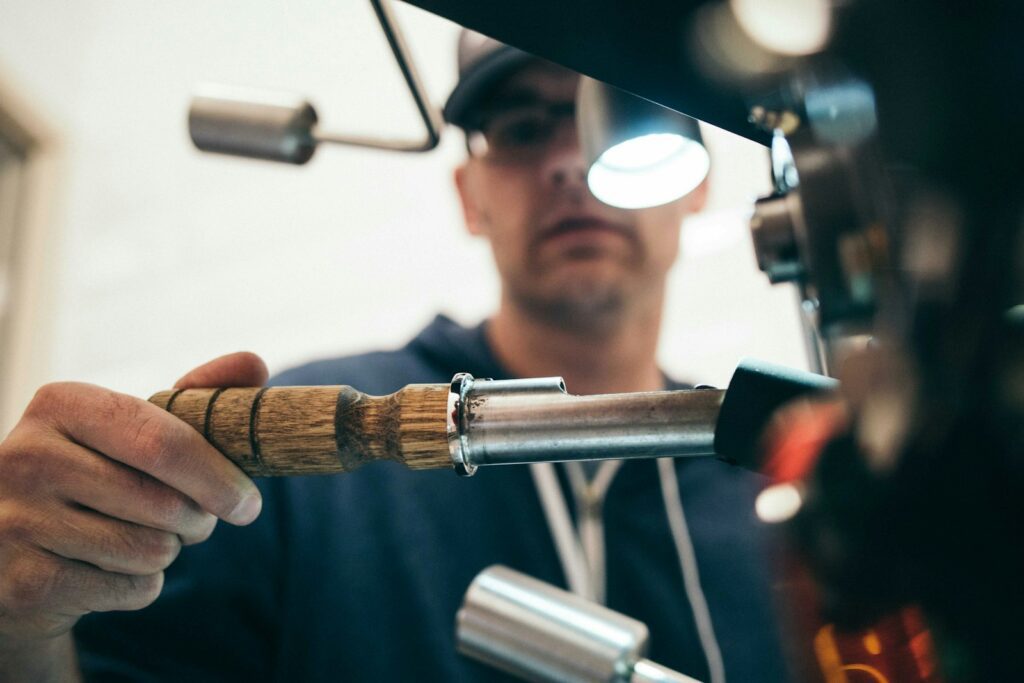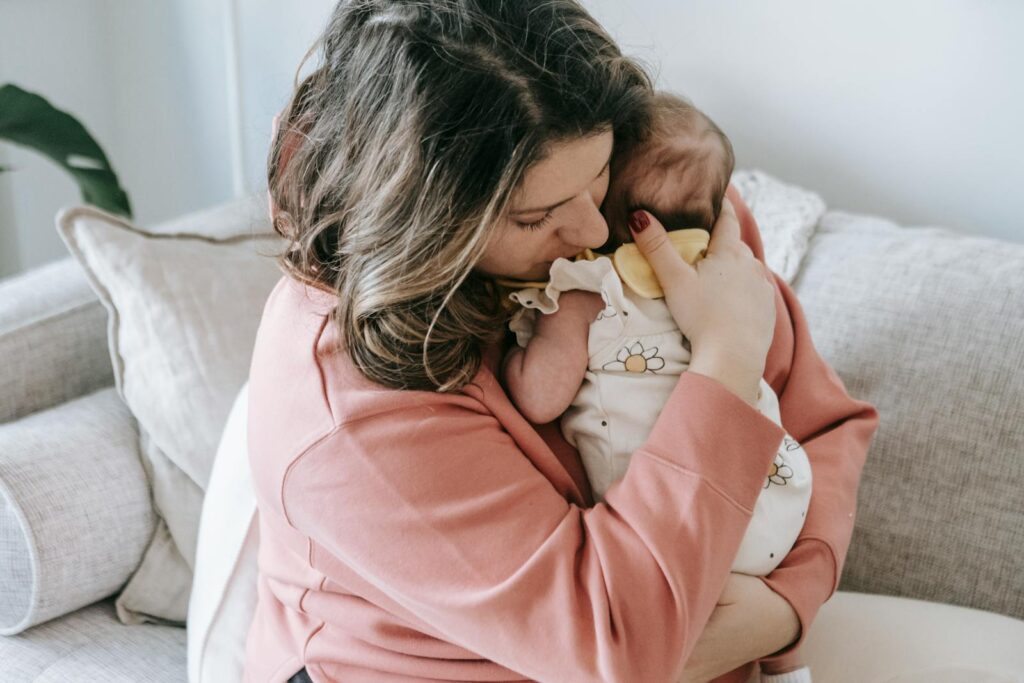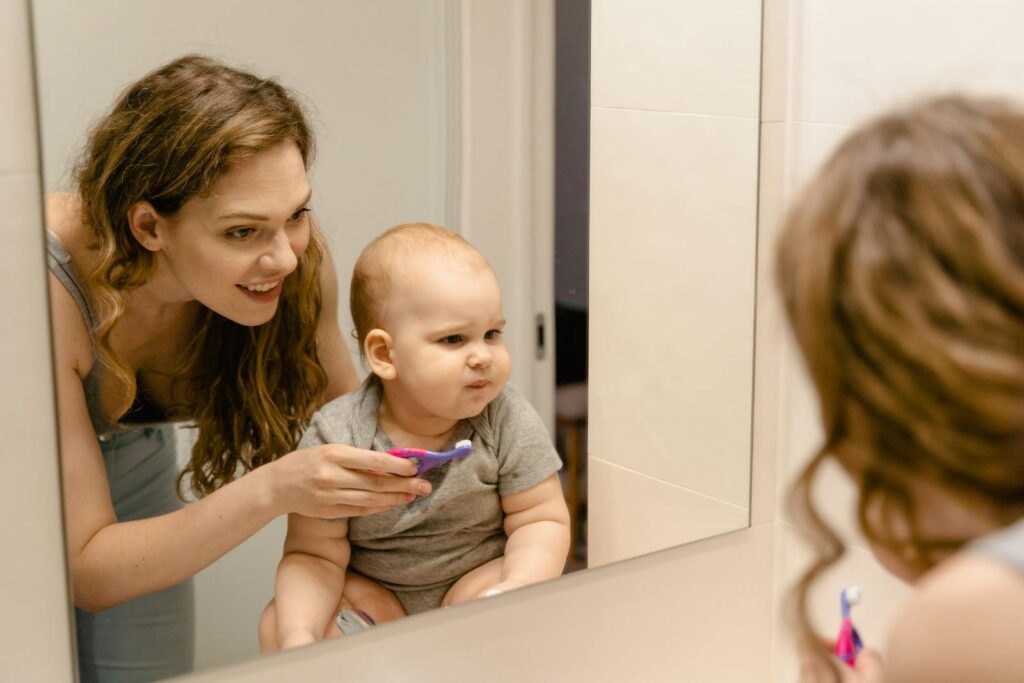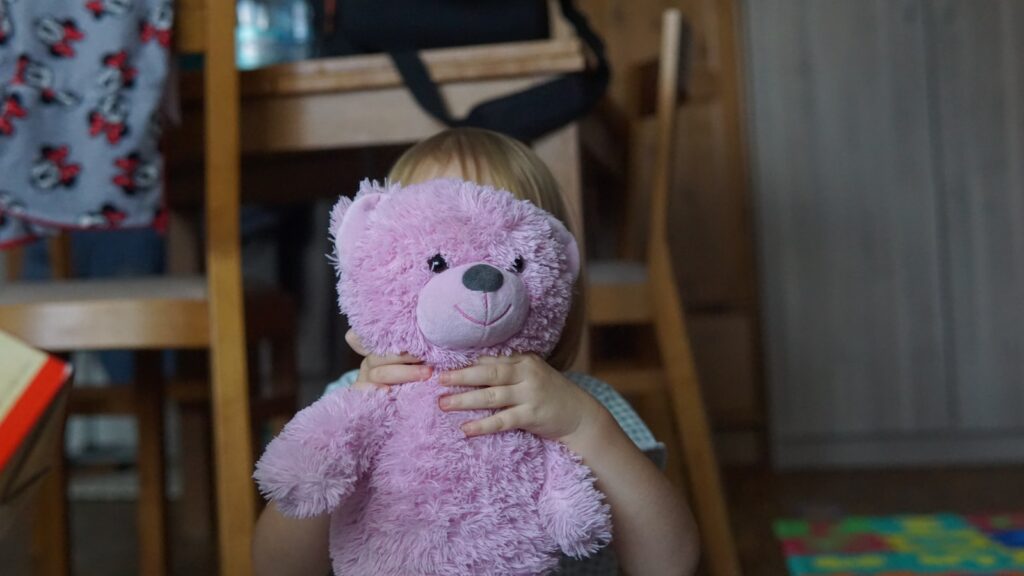When you shop without thinking, it’s easy to bring home things that clutter your space and create stress. Managing what you buy can help you keep your home organized and peaceful.
Asking the right questions before buying helps you decide if an item truly belongs in your space and life. These simple reflections can save you money, avoid waste, and keep your surroundings feeling light and intentional.
Do I really need this item?

When you ask yourself if you really need something, you give yourself a chance to pause. It helps you separate true necessities from wants that might just clutter your space.
Think about whether the item will serve a clear purpose in your life. If you already own something similar, consider if this new thing adds real value.
By focusing on what you truly need, you create room for the things that matter most to you. This simple question can save your space and your budget.
Will I use it frequently or just once?

Ask yourself how often you’ll actually use the item. If it’s something you’ll grab daily, it’s more likely worth the space.
But if you only need it occasionally, think about borrowing or renting instead.
Buying something for rare use can lead to clutter and wasted space. Keeping this question in mind helps you keep your home organized and practical.
Can I borrow or rent it instead?

Before you buy something, ask yourself if you can borrow or rent it. This saves space and keeps your home less cluttered.
Tools, musical instruments, and specialty gear are great examples. You might only need them a few times, so borrowing makes sense.
Renting or borrowing can also help you try items before committing to buying. It’s an easy way to save money and make room for what really matters.
Does it add true value to my daily life?
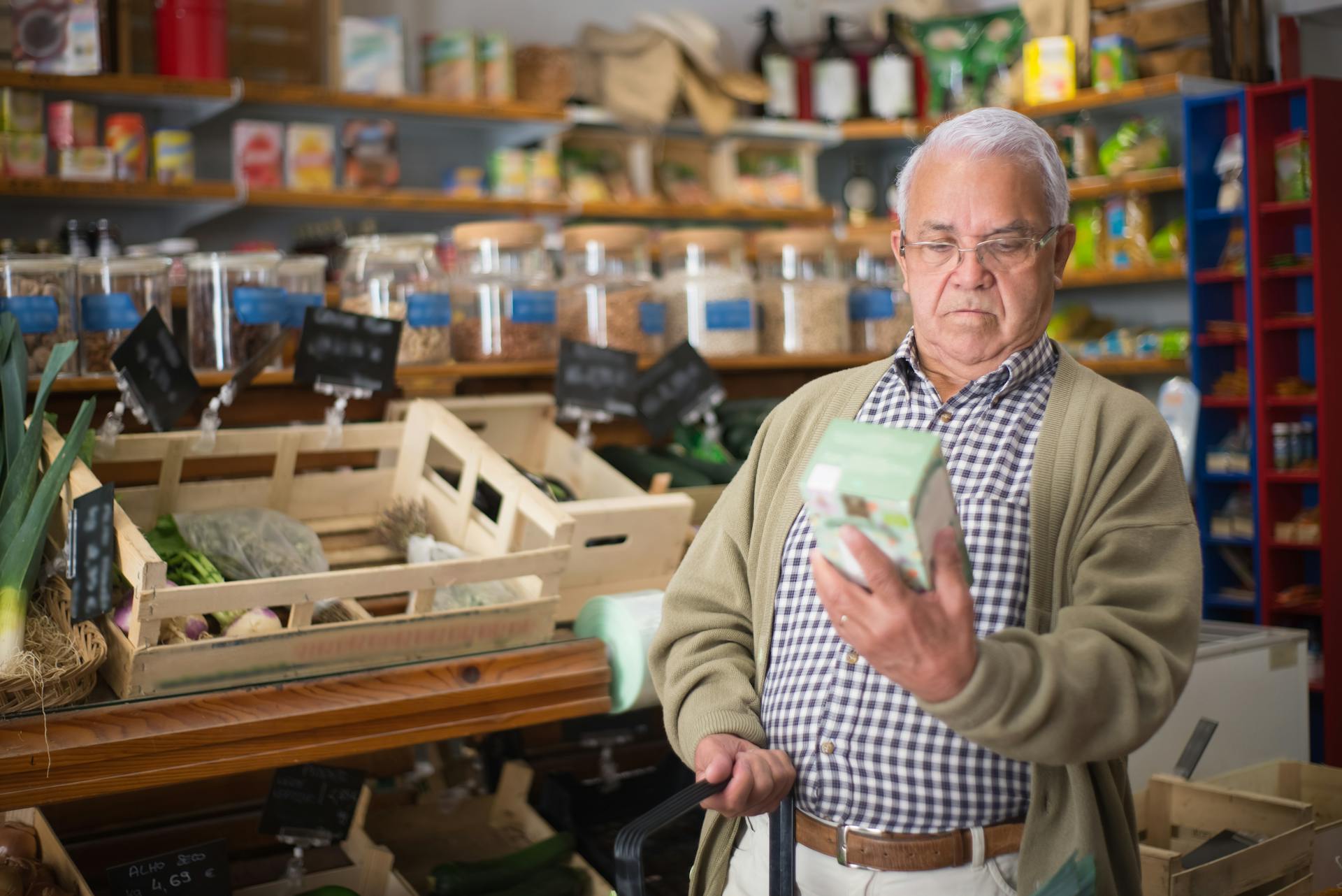
Before you buy something, ask yourself if it will genuinely improve your daily routine. Think about whether the item brings lasting usefulness or joy.
If it’s just a temporary thrill or looks nice but won’t be used often, it might not be worth the space.
Focus on things that help you or make life easier. This way, your space stays clutter-free and meaningful.
Will it clutter my space or simplify it?

Before buying something, ask yourself if it will add to the clutter or actually make your life easier.
If it creates more mess or duplicates what you already have, it might not be worth it.
Focus on items that serve a clear purpose or bring you real joy. This helps keep your space neat and functional.
Do I have a place to store it properly?

Before you buy, think about where the item will live in your home. If you don’t have a clear, accessible spot, it might end up cluttering your space.
Small, well-chosen items are easier to store neatly. Avoid investing in things that require bulky or awkward storage.
Make sure the spot protects the item from damage, pests, or dirt. Proper storage keeps your belongings in good shape and your home tidy.
Does it fit my current lifestyle and habits?
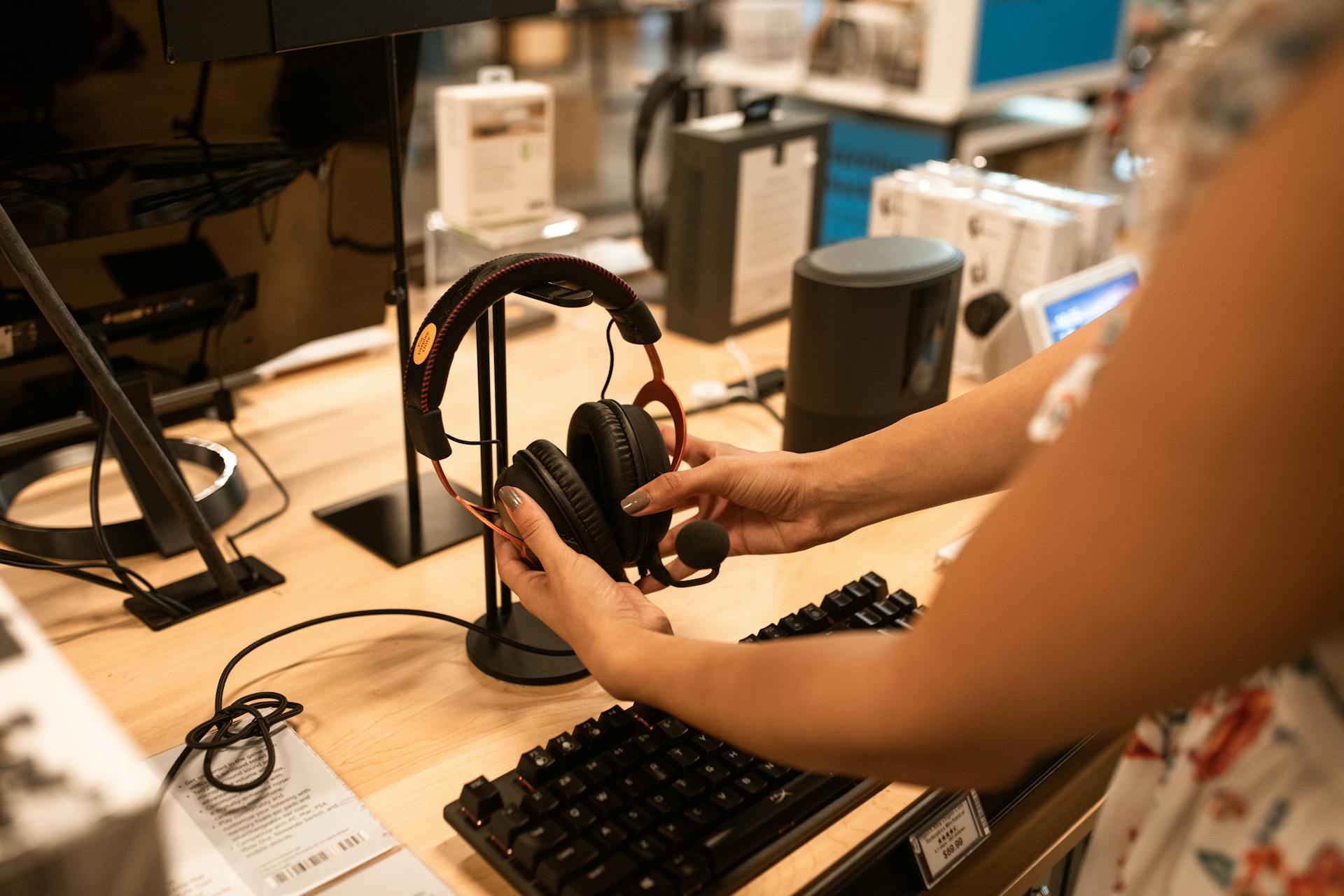
You want to ask yourself if the item truly matches how you live and move through your day. Buying something flashy but unused only clutters your space and mind.
Think about your routines and whether this purchase supports them. If it doesn’t complement your habits, it’s okay to skip it.
This question helps you focus on essentials that add value and reduce unnecessary stuff.
Will it last long or become waste quickly?

You want to think about how durable the item is before buying. If it breaks or wears out fast, it will only add clutter and waste.
Choosing products designed to last saves you money and space over time. Look for quality materials and good reviews that mention longevity.
Remember, longer-lasting items reduce the need for frequent replacements, helping you keep your space neat and less crowded.
Can I replace multiple items with this one?

Think about whether this item can take the place of several things you already own. For example, a Swiss Army knife can do many jobs, so it might save you space.
If it combines functions or fits many needs, it’s more valuable to keep than several single-use items. This helps reduce clutter and makes your space more organized.
Am I buying this to fill an emotional gap?

Ask yourself if your purchase is really about the item or how you’re feeling. Sometimes, shopping can be a quick fix for stress, boredom, or sadness.
If you notice your emotions are driving you to buy, pause and think about other ways to address those feelings.
Filling emotional gaps with stuff can lead to clutter instead of comfort. Being honest helps you make choices that truly serve your space and your well-being.
Is this item easy to maintain and clean?

You want to think about how much effort you’ll spend keeping this item in good shape. If it’s difficult to clean or requires special products, it might not be worth the space it takes up.
Items that are easy to maintain save you time and hassle. When choosing something new, ask yourself if regular cleaning fits into your routine or feels like a chore.
If it’s high maintenance, consider if you really need it or if there’s a simpler alternative that works just as well.
Could I delay the purchase to reconsider?
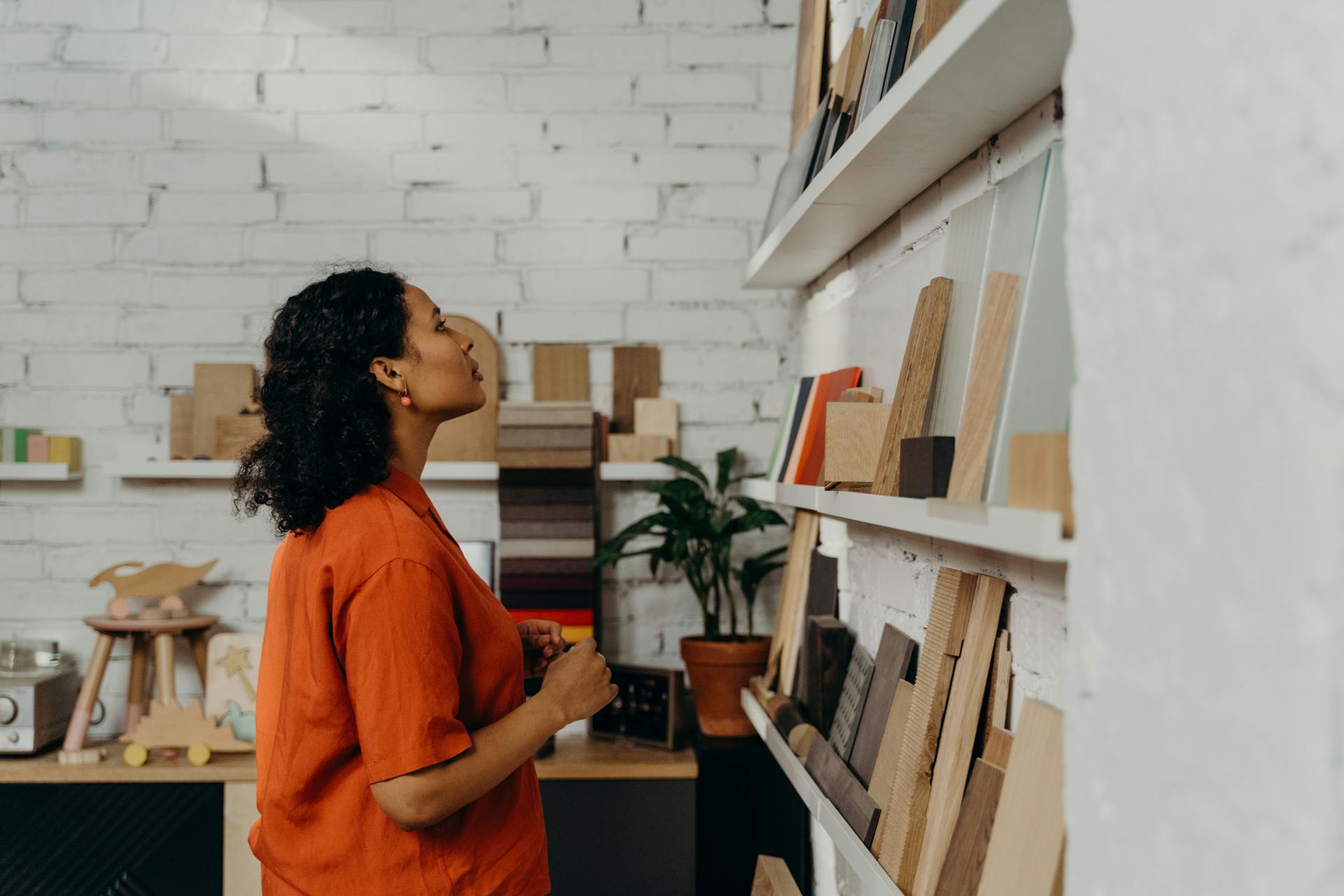
When you pause before buying, you give yourself time to think clearly.
Adding the item to a wish list or making a note helps you avoid impulse buys.
This delay can reveal if you truly need the item or if the desire fades.
Waiting also helps prevent clutter by stopping unnecessary things from entering your space.
Give yourself at least 24 hours before making a final decision whenever possible.
Does this purchase align with my budget goals?

Before buying, check if the item fits within your budget. Spending a little extra on something important is okay, but avoid impulse buys that derail your plans.
Think about how this purchase supports your financial priorities. Will it help you save, pay off debt, or invest in something meaningful?
By staying mindful of your budget goals, you avoid clutter—not just in your space but in your finances too. This keeps your spending intentional and your space organized.
Is there an eco-friendly alternative available?

When shopping, ask yourself if there’s a more sustainable option. Choosing products made from biodegradable or reusable materials helps reduce waste.
Look for brands that offer refillable or recyclable packaging. These choices save space by cutting down on excess clutter.
You can find many eco-friendly swaps, like bamboo toothbrushes or reusable grocery bags, which fit easily into your daily routine and home.
Will it contribute to a cleaner, more organized home?

Before buying something, ask yourself if it will actually help reduce clutter. If a product makes it easier to store, clean, or organize your space, it’s more likely to be a good addition.
Avoid items that just add to what you already have. Focus on tools or storage solutions that help you put things away or simplify your routines. This way, every purchase serves a purpose in keeping your home tidy.

